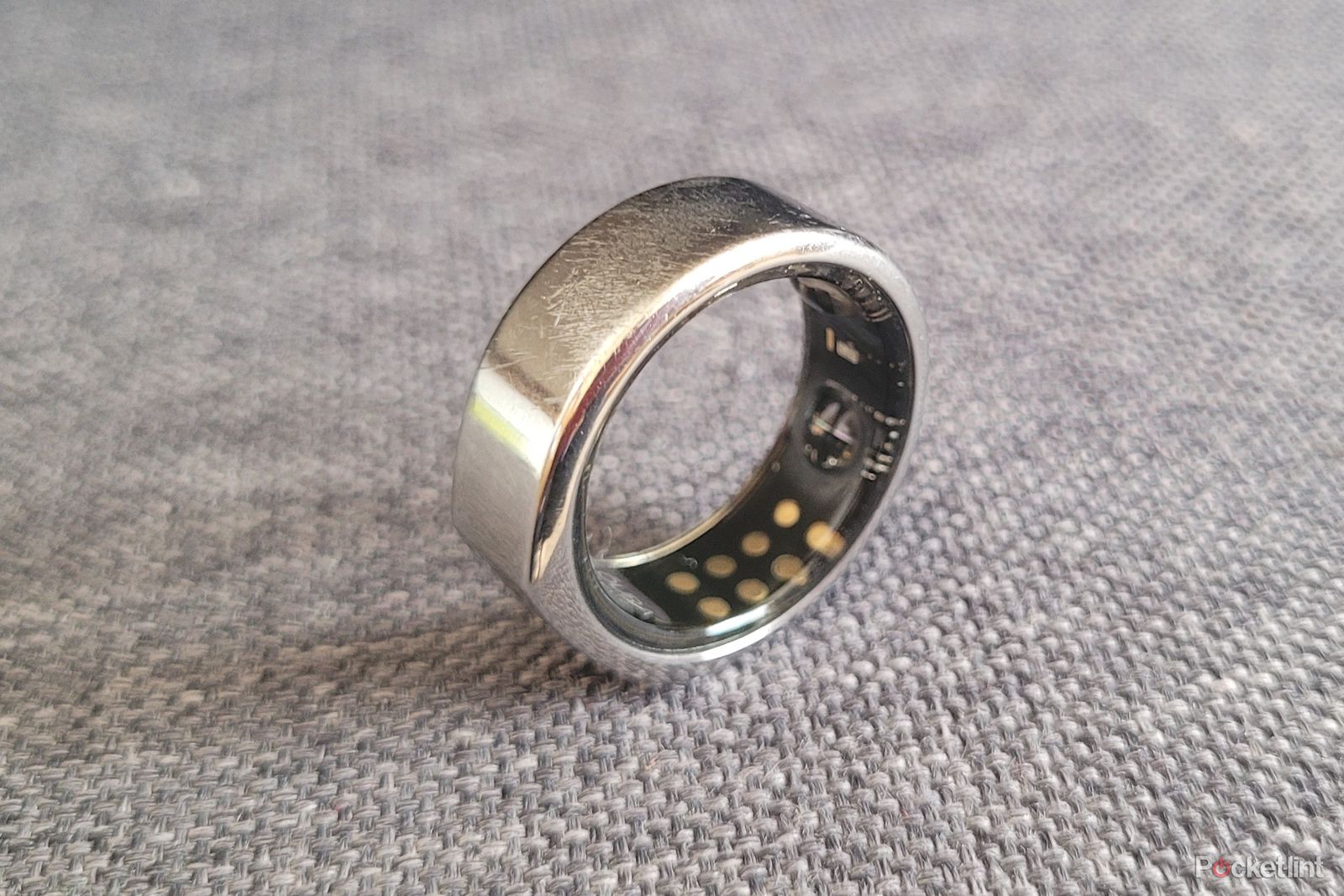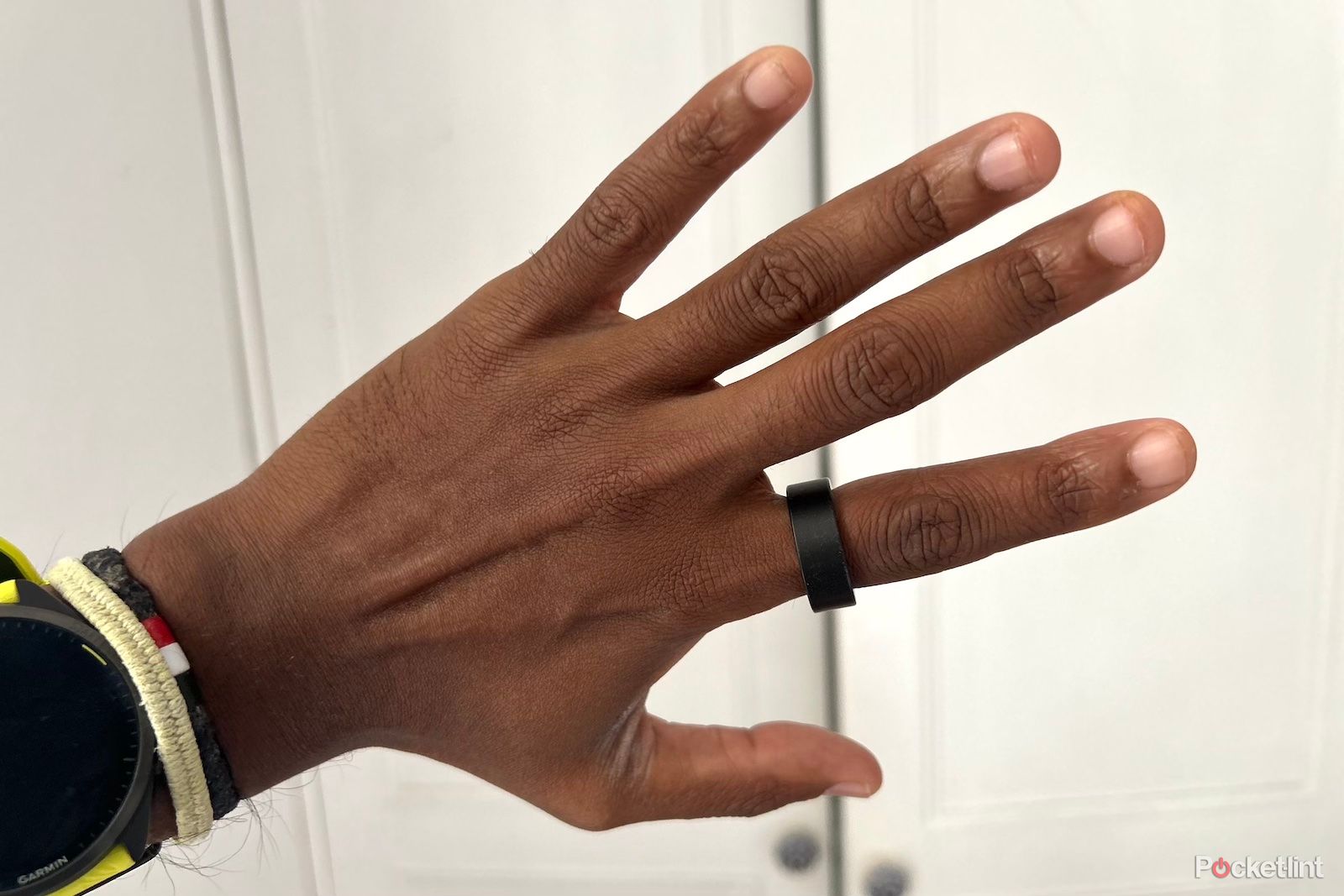A smartwatch is not for everyone. Besides the growing size of smartwatch screens, which naturally aren’t going to fit on every wrist, not everyone wants or needs another distracting screen attached to their body just because they’re curious about their heart health. Therefore, fitness rings make a great alternative.
Offering a small, screen-free design and an emphasis on using all the sensors you can reasonably fit in something that slides around your finger, a fitness ring is all the health and fitness benefits a smartwatch offers, but offloads displaying information on a screen to your smartphone. It’s perfect for anyone looking for something more discreet or fashion-forward, and we’ve taken the guesswork out of deciding whether they’re right for you by collecting some of the best fitness rings around below.
-
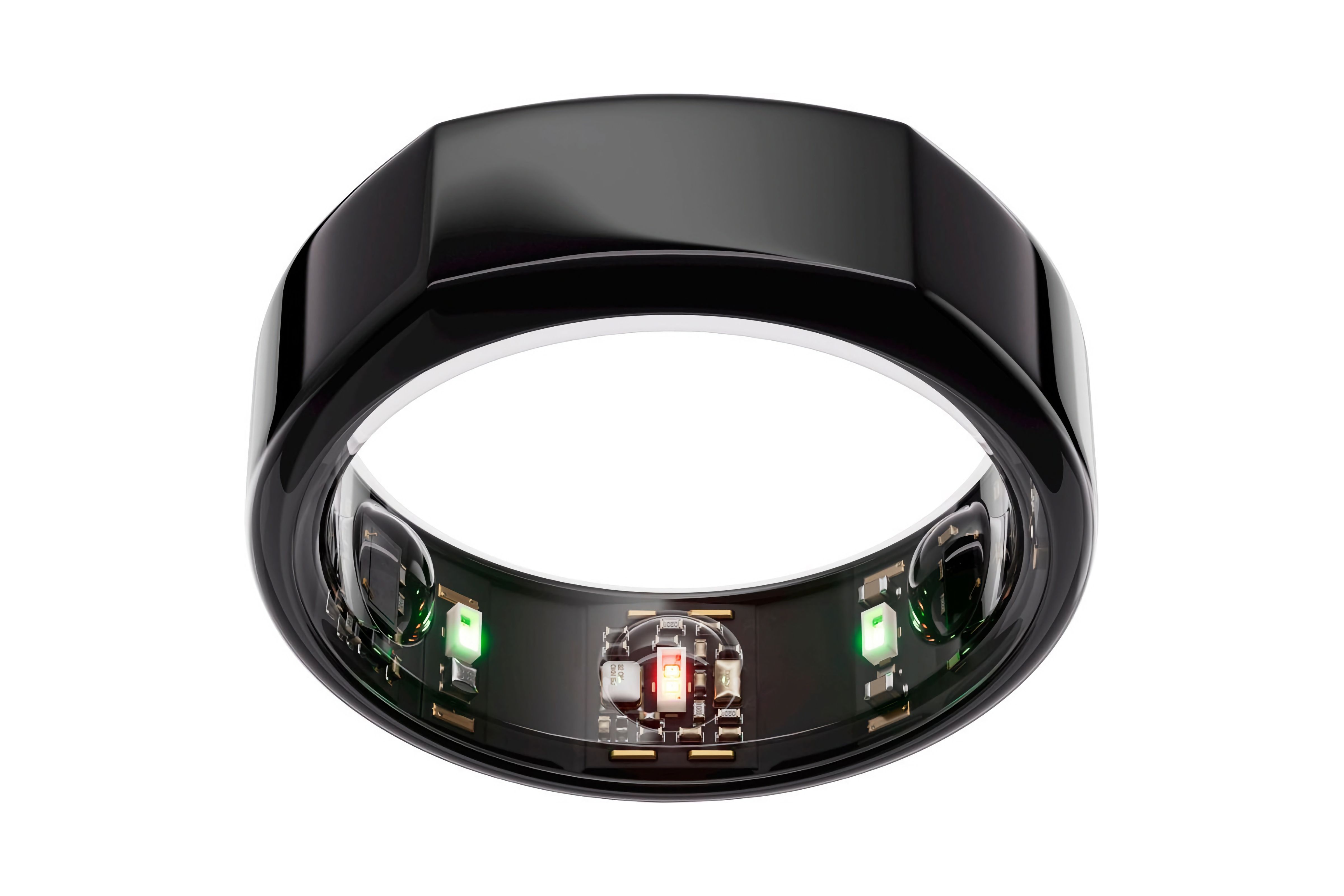
Oura / Pocket-lint
Oura Ring Gen3 Heritage Smart Ring
1. Best fitness ring overall
-
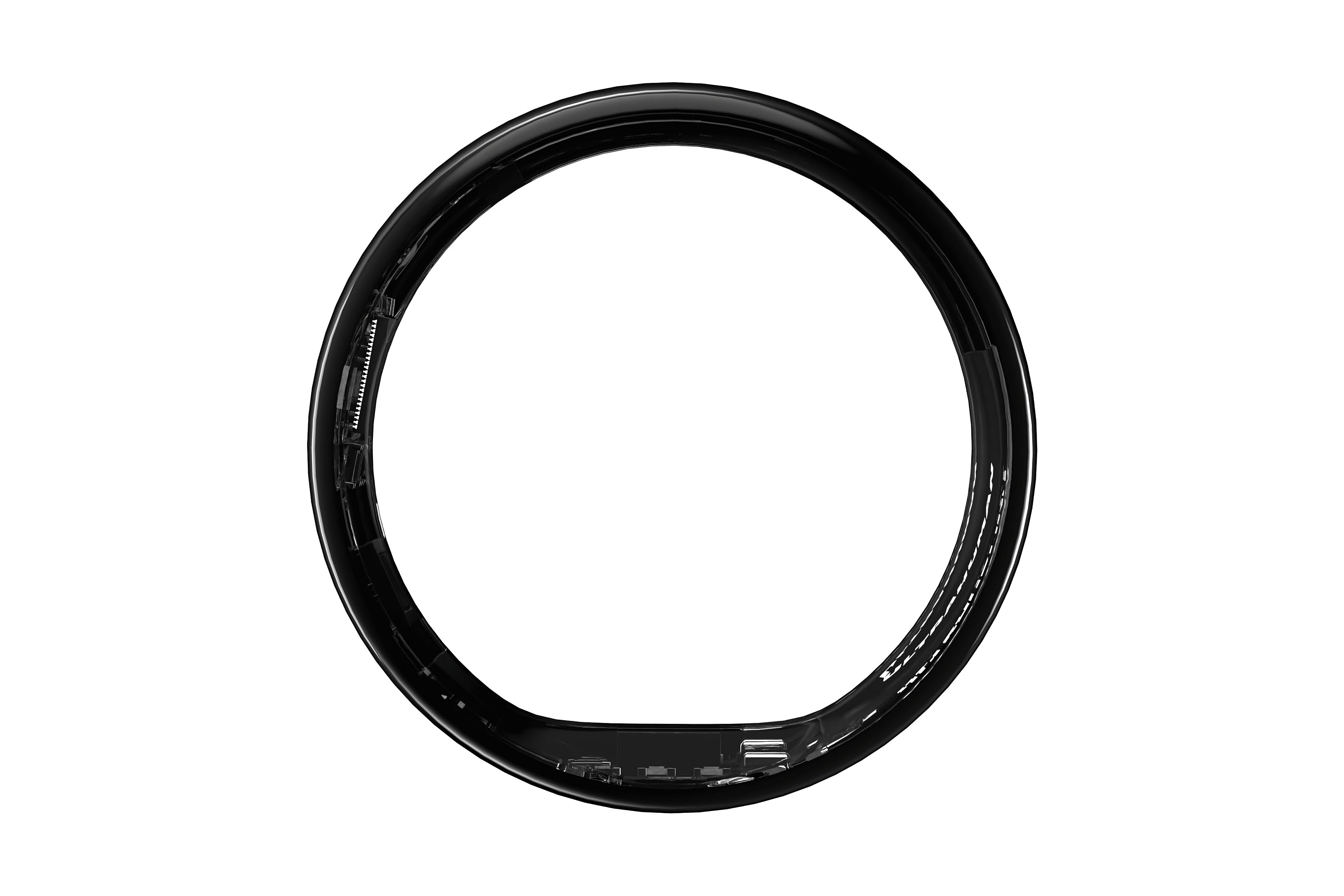
Ultrahuman / Pocket-lint
Ultrahuman Ring AIR
2. Best premium fitness ring
-
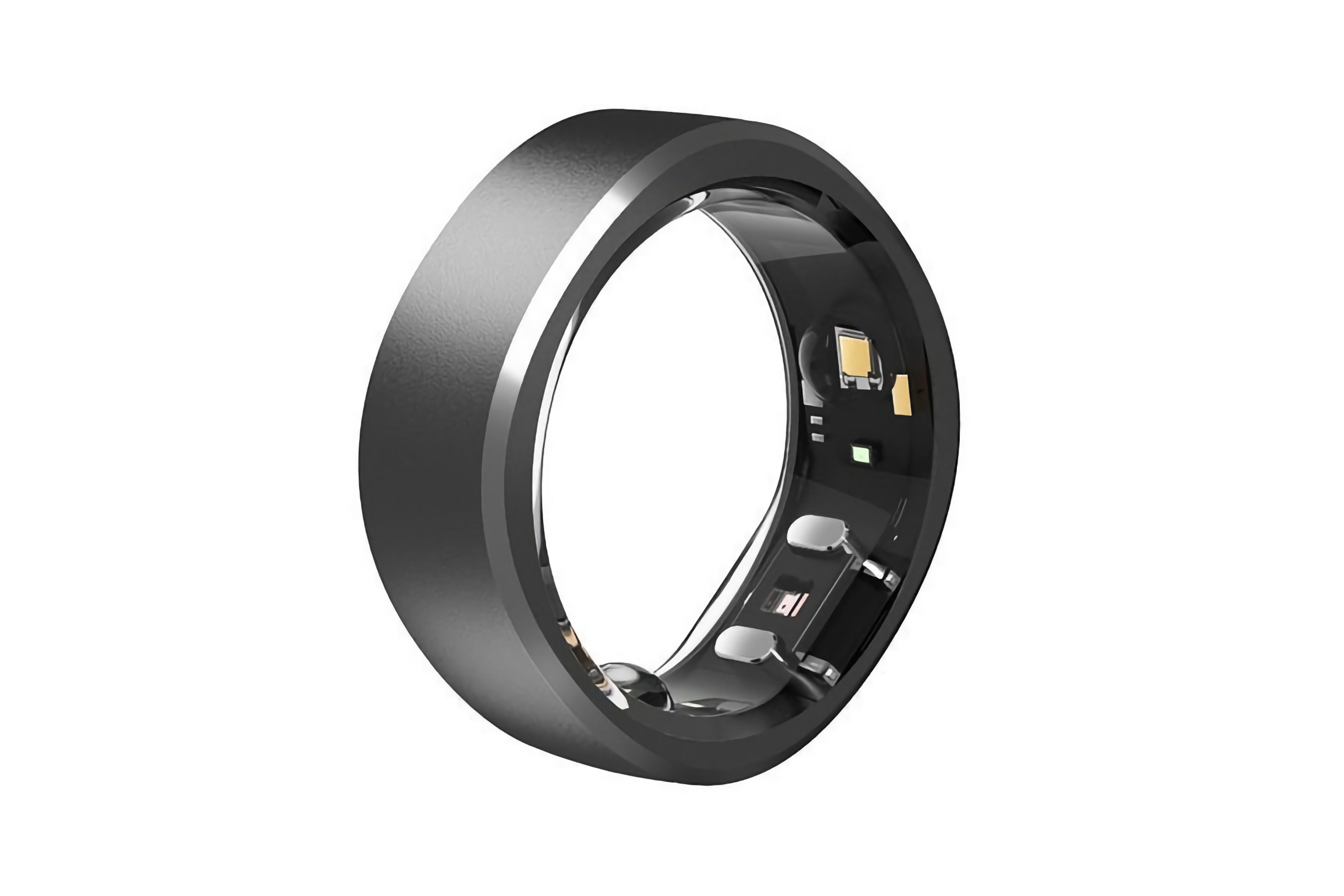
RingConn / Pocket-lint
RingConn Smart Ring
3. Best value fitness ring
-
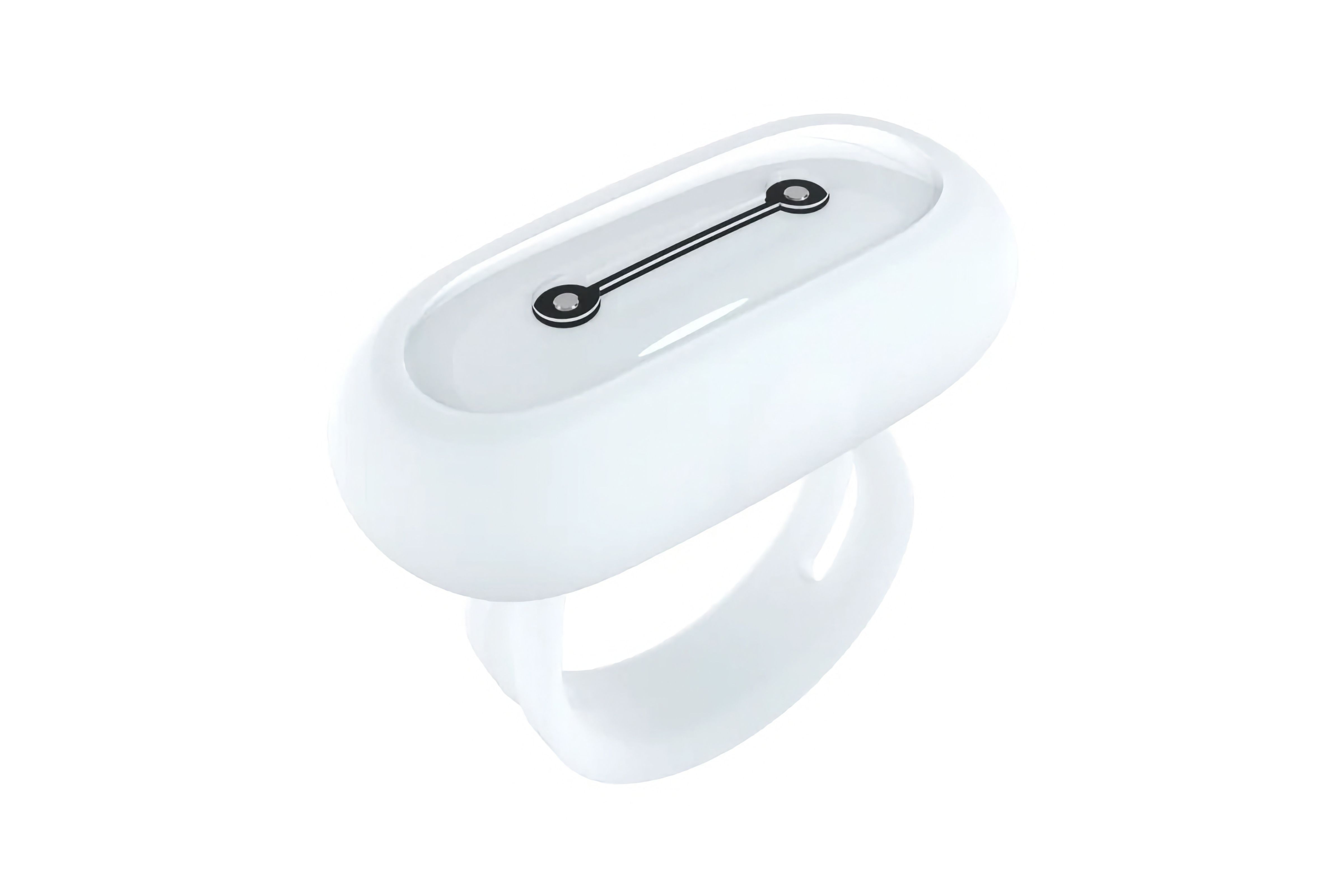
SleepOn / Pocket-lint
SleepOn Go2Sleep Sleep Tracking Ring
4. Best fitness ring for sleep tracking
-
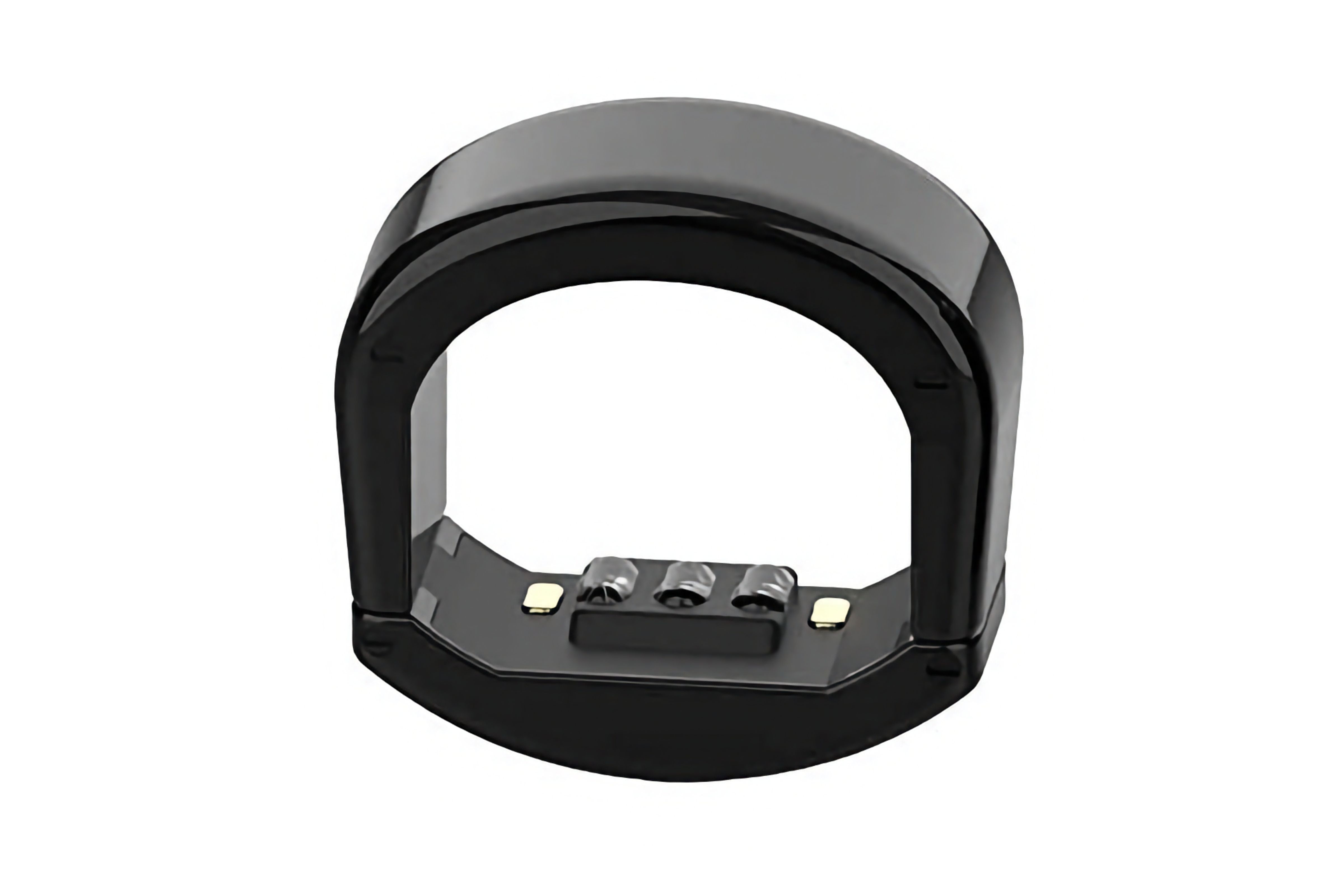
Bodimetrics / Pocket-lint
BodiMetrics Circul Sleep & Fitness Ring
5. Best fitness ring for blood-oxygen monitoring
The best fitness rings: Our top picks

Oura / Pocket-lint
Oura Ring Gen3 Heritage Smart Ring
1. Best fitness ring overall
Small tech with big impact
The 3rd-generation Oura Ring can track all the health information your smartwatch can, in a far more compact package. You will have to commit to a monthly subscription to use it, however.
- Sleek design
- Easily digestible companion app
- Accurate sensors
- Battery life is too short
The Oura Ring Gen 3 offers the best overall fitness ring experience, featuring an attractive design that can be as discrete or flashy as you’d like – Oura even partnered with Gucci for a high-fashion version – and the ability to track just about anything you’d want to know more about, including your sleep, heart rate, activity, and readiness for your next workout.
While most of the feature suite does require a monthly subscription and the battery life could improve by lasting more than a week, Oura provides comprehensive insights into your overall health and wellness without overcomplicating data. Additionally, Oura does a nice job adding new software features a few times a year, which we think makes the sensor-equipped hardware worth the investment.

Ultrahuman / Pocket-lint
Ultrahuman Ring AIR
2. Best premium fitness ring
All the features without extra fees
The Ultrahuman Ring Air is plain for a fashion accessory, but its compact size and mastery of fitness ring basics without the need of an added subscription is worth considering.
- Actually ring-shaped
- No monthly subscription
- Granular data on sleep and activity
- Pricey
- Limited color options
If you’re not willing to deal with a subscription cost in addition to hardware, look to the Ultrahuman Ring Air. This ring gets you all the Oura’s basic features in a fairly similar form factor. The Ring Air currently comes in a polished “Aster” black or a matte black and manages to cram its LEDs, temperature sensor, motion sensors, and Infrared Photoplethysmography sensor (for help with blood-oxygen measurements among other things) into a completely round ring.
Inside the companion app, the Ultrahuman Ring Air offers insights into physical activity and readiness like most fitness rings with other, more unique metrics. Ultrahuman can tell you when you should stop having coffee for the day and still get a good night’s sleep or if certain physical activities throughout the day could affect your circadian rhythm. Beyond that, the app offers access to workout videos and can also sync with Ultrahuman’s glucose monitor. If you’re looking for more of that nitty-gritty health information without a monthly fee, the Ultrahuman Ring Air is worth considering.

RingConn / Pocket-lint
RingConn Smart Ring
3. Best value fitness ring
Stress tracking features included
The RingConn Smart Ring adds stress monitoring to the typical sleep tracking, heart rate monitoring, and body temperature measuring of most fitness rings.
- Comes with a charging case
- Seven days of battery life
- Budget-friendly
The RingConn Smart Ring is one of the best ways to get fitness ring features like heart rate monitoring, sleep tracking, and activity tracking at an affordable price. RingConn’s ring is a little larger and squarer than other options, but that’s a fair trade-off for a cheaper price and no required subscription.
Along with the usual charts and graphs on sleep and heart rate variance, RingConn also promises to track stress levels, a unique health metric that’s begun trickling out to more wearables – like Fitbit’s Sense 2 smartwatch – over the last few years. If stress tracking skills aren’t a draw, the RingConn Smart Ring also ships with a charging case that can charge the ring 18 times, something none of our other top picks can claim.

SleepOn / Pocket-lint
SleepOn Go2Sleep Sleep Tracking Ring
4. Best fitness ring for sleep tracking
Nothing rounds out a fitness routine like good sleep
$109 $129 Save $20
The SleepOn Go2Sleep is bigger than most fitness rings and entirely focused on tracking your sleep and helping you practice healthy sleep habits.
- Budget-friendly
- Vibrations for low SpO2
- Detailed sleep tracking charts
- Kind of large
- Missing sensors
If you’re trying to better understand your sleep habits, fitness rings’ compact size makes them much easier bedtime companions than clunky smartwatches. The SleepOn Go2Sleep is specifically focused on tracking sleep, collecting the same data on your heart health and blood-oxygen levels as other wearables, but processing it through the lens of how it’ll impact your sleep.
The device’s big, pill-shaped design isn’t the most attractive, but that bigger body hides the ability to vibrate to notify you of specific health events like low blood-oxygen levels. If you’re only interested in keeping tabs on how you sleep, the Go2Sleep is a great affordable and streamlined alternative to more feature-packed fitness rings.

Bodimetrics / Pocket-lint
BodiMetrics Circul Sleep & Fitness Ring
5. Best fitness ring for blood-oxygen monitoring
A rare, adjustable gem fit for your finger and the gym
The BodiMetrics Circul Sleep & Fitness Ring isn’t a looker, but it covers all the bases you’d want out of a fitness ring, including keeping tabs on your heart health and sleep.
- Continuous heart rate and SpO2 monitoring
- Adjustable sizing
- Budget-friendly
- Short battery life
- Unappealing design
The lower the price, the less a fitness ring is going to look anything like a ring. The BodiMetrics Circul Sleep & Fitness Ring might stretch credibility in terms of looks, but its adjustable size is a nice feature to have when most rings insisted on elaborate sizing kits, and it costs less either way.
With the Circul, heart rate monitoring, sleep tracking, and blood-oxygen monitoring are all a given, but unfortunately the ring’s companion app is very bare bones in comparison to the user-friendly and readable information of Oura and Ultrahuman. You won’t find many things to learn beyond what you yourself or your doctor can interpret. Whether the lower price makes up for it is up to the individual wearer, but it’s something to keep in mind.
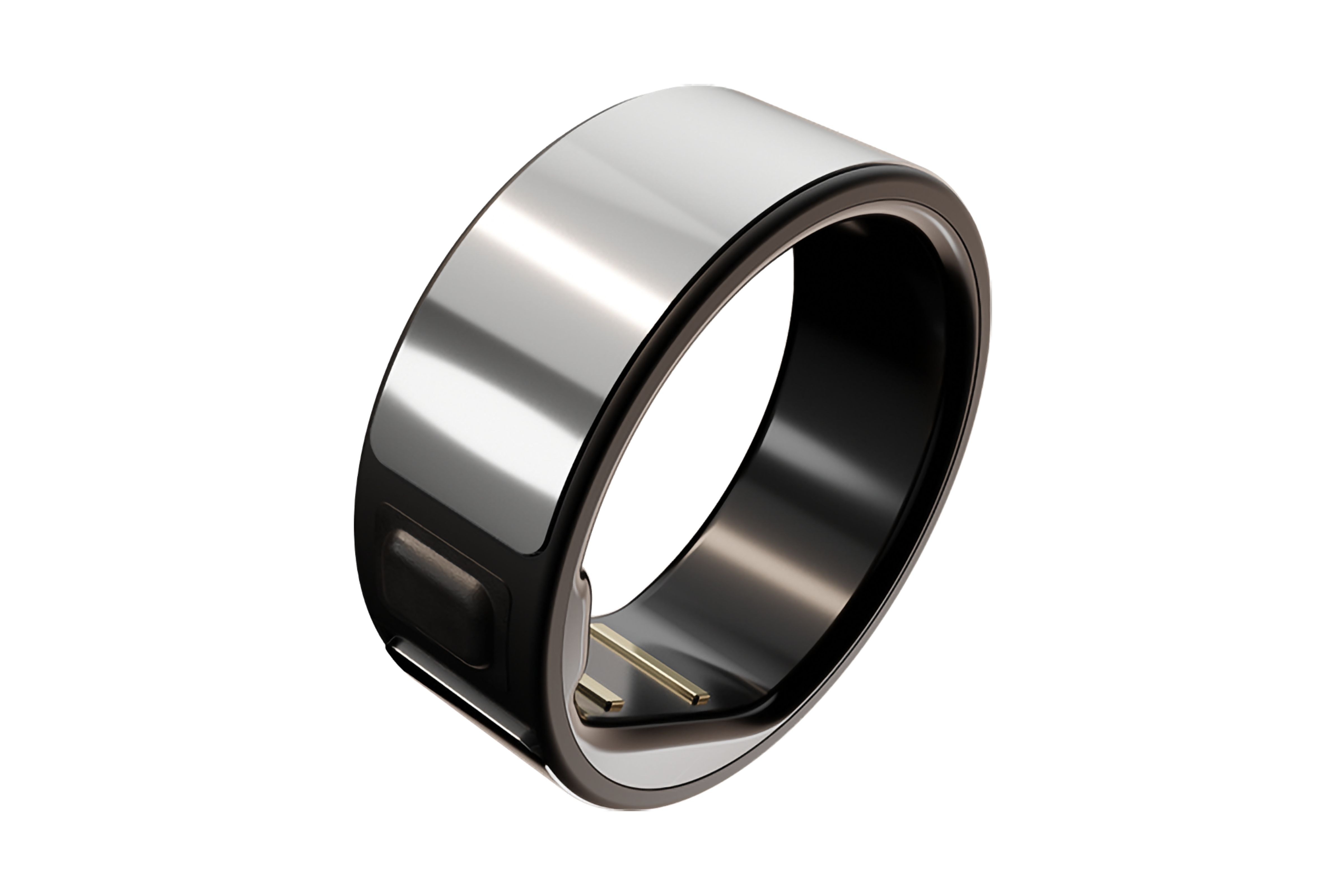
Circular / Pocket-lint
Circular Ring
6. Best fitness ring with a built-in alarm clock
Swappable exterior shell
The Circular Ring comes with a swappable exterior cover for changing up its look, the ability to track sleep, heart rate, and act as a vibrating alarm clock.
- Looks like a normal ring
- Exterior button allows for future features
- Heart rate, Sp02, and activity tracking
- Vibration for notifications
- Doesn’t ship for over a month
- Companion app seems undercooked
The Circular Ring technically isn’t widely available yet, and new rings appear to ship over a month after purchase. Still the ring has some potentially attractive features worth considering if you’re willing to wait. Besides the expected heart health, sleep tracking, and workout features, the Circular Ring has a swappable exterior case, so you can customize the ring to your liking. It also has a built-in button for inputs, which Circular plans to use for controlling connected devices.
There’s reason to be cautious about the Circular Ring considering it’s background as a crowdfunding project and the fact it hasn’t been widely reviewed. What’s clear, however, is that it’s got some genuinely interesting ideas about what a fitness ring could be used for – like a tiny vibrating alarm clock – and that’s worth considering if you’re looking for a total smartwatch swap.
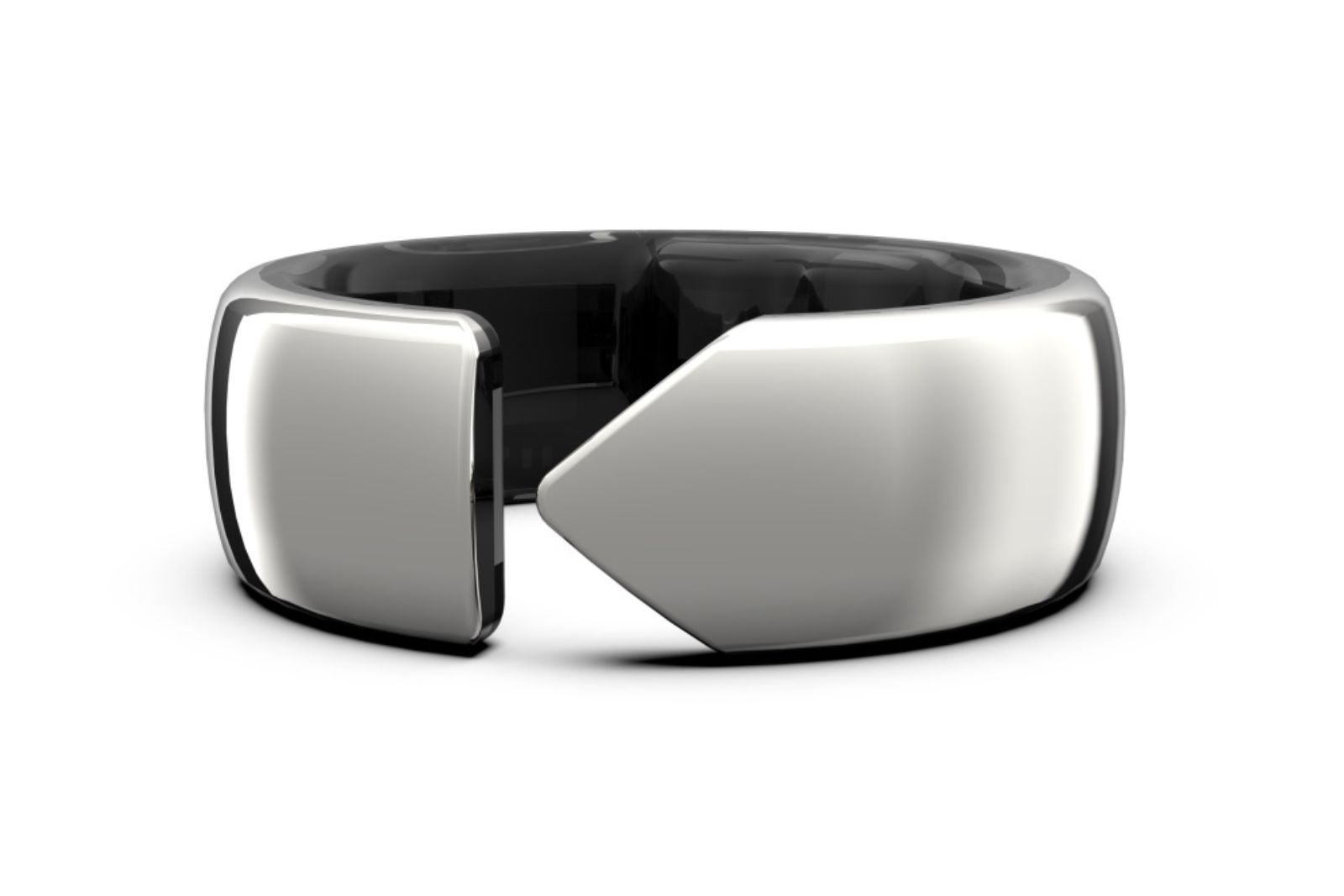
Movano Health / Pocket-lint
Movano Health Evie Ring
7. Best fitness ring for cycle tracking
Detailed monthly information, at your fingertip
The Evie Ring isn’t available yet, but will track heart rate, body temperature, and sleep through the lens of menstrual health.
- Unique design
- Menstrual cycle tracking
- Heart rate, SpO2, activity, and temperature tracking
- No launch date
- No pricing available
Movano Health’s Evie Ring is designed with a special focus on menstrual cycle tracking and overall health. In terms of sensors it’s not doing anything radically different from other fitness rings, though it does have an eye-catching “open” design. And like the Oura Ring already does, the Evie Ring plans on using the body temperature and heart health information it collects to offer insights into user’s menstrual cycle and eventually, menopause.
Considering smartwatches are just now trying to do any kind of period tracking, Evie could make a strong case for itself as the go-to wearable women, or at the very least a strong alternative to the Oura Ring Gen 3. But until it launches at some point later this year, it remains one to watch.
The bottom line: What’s the best fitness ring?
If you’re looking for a way to stay on top of your health without having to strap a smartwatch to your wrist, it’s worthwhile to invest in a fitness ring. We think the Oura Ring Gen 3 offers the best overall experience, with an attractive design that comes in plenty of finishes, is packed with sensors, and offers easily digestible insights into your health. In-depth information requires a monthly subscription, but it’s worth it for the growing list of features Oura offers, including period predictions.

Oura / Pocket-lint
Oura Ring Gen3 Heritage Smart Ring
Editor’s Choice
Something for everyone
The 3rd-generation Oura Ring can track all the health information your smartwatch can, in a far more compact package. You will have to commit to a monthly subscription to use it, however.
The Ultrahuman Ring Air costs more but offers many of the same features without the need for a subscription. If you’re specifically interested in working out with your ring, Ultrahuman’s more granular information about sleep and activity, and in-app video workouts could make it a great pick. But if you’re looking for all the basic features, including insights into stress management, at a much more affordable price, the RingConn Smart Ring should be at the top of your list.
How did we choose the best fitness rings?
I’ve personally used multiple wearables focused on tracking your health and fitness, including the Oura Ring Gen 3. Additionally, Pocket-lint has extensively reviewed smartwatches, fitness trackers, and fitness rings, including several of our top picks. I combined what I liked best in the fitness rings I’ve worn with what features identified as important in past reviews to come up with a method for singling out the rings featured in this guide. Specifically that was the look of the rings, their features (what they tracked primarily), and how they feel to wear.
What should you look for when choosing a fitness ring?
Whether you decide to go with one of our picks or not, the criteria we used to pick them are useful to have. A good fitness ring balances design, built-in sensors, good software, and the potential for more features in the future in what’s hopefully a great overall package.
- Design: While smaller than a smartwatch, fitness rings are still highly visible. The right ring for you will be something you want to wear regularly, especially because most rings require you wear them for a couple of weeks before they can offer you actionable health insights.
- Sensors: What does your fitness ring track? At a bare minimum most rings track heart health and movement through LEDs and accelerometers, but if you’re curious about the kinds of insights a ring could give you about your body temperature (a metric to track if you want to know you’ll be sick before you notice symptoms) you might want more sensors. Deciding what you’ll need to know is a big part of finding the right ring for you.
- Software: Equally important is the software. When you want to adjust the settings of your ring, check its battery life, or actually see what it’s learning about you, there has to be an app, and it better be a good one. Explaining complex data in an understandable and pleasant way is a must, and at the very least, it shouldn’t crash when you open it.
- Updates: You can learn a lot with a few sensors, and while you should never buy a product on the promise of future features, some indication that the fitness ring you’re wearing could be even more useful in the future is something you should look for, especially if you’re paying for a subscription.
How do I know if a fitness ring will fit me?
In the case of rings like the Bodimetrics Circul, your ring might be re-sizable, designed to adapt to your finger. In most cases, ring manufacturers will send you a sizing kit with multiple different sized rings that you’ll then have to try on and choose from. Getting a fitness ring that’s the right size is not only good for your own personal comfort, it’s also critical to the sensors on the inside of the ring capturing accurate data, so you can get the most accurate insights.
Why would I choose a fitness ring over a fitness tracker?
First and foremost, style. Some people don’t like wearing normal watches, so a smartwatch or wrist-based fitness tracker won’t fit their personal aesthetic. Second is comfort. For sleep tracking, having a way to keep the tracker on your body the entire time you’re asleep is key to figuring out how much rest you’re getting. Most people aren’t used to wearing a watch to sleep, and it could legitimately bother light sleepers. A ring is smaller, hugs your finger closer, and is easy to keep on for longer periods of time. The goal with any kind of tracker, whether it’s a fitness ring or something else, is to keep it on your body for as long as possible. The more data it collects, the easier time it’ll have giving you insights into your health or tracking your workouts. Smaller trackers are just easier to wear.
Credit : Source Post
